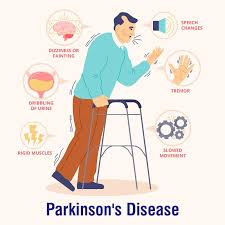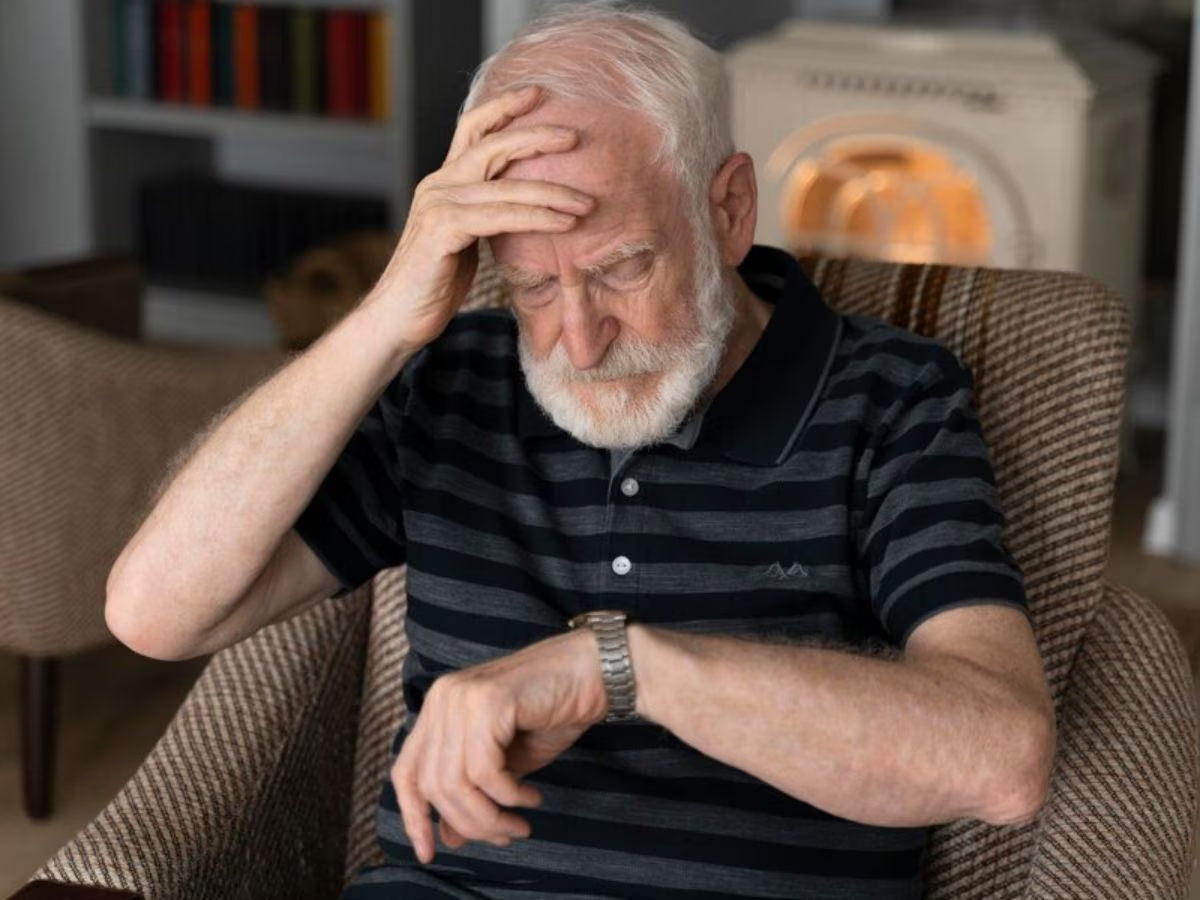Parkinson's disease is a brain-related disease, which progresses slowly. World Parkinson's Day is celebrated across the world on 11 April every year. On this special occasion, let us know about this disease from experts. According to Dr. Chandrashekhar Baranwal, Senior Consultant, Raj Diagnostic, "In Parkinson's disease, the neurons that send messages to the muscles of some parts of the body start weakening. With time its symptoms become severe. This disease affects the control, balance, and activity of the muscles. It also affects the ability to think and understand and mental health."

On this special occasion, let us know about the people of which age group? What are its symptoms? We will also know how people suffering from this disease can improve their quality of life.
What age group does it affect?
Dr. Chandrashekhar Baranwal said "Generally, Parkinson's disease can start around the average age of 60 years. Its symptoms become severe with time."
It is found more in men...
Dr. Baranwal said, "It is worth noting that it is found more in men than women. Parkinson's is a brain disease related to activity. In this disease, there is a deficiency of a chemical called dopamine in the body. Due to this, the activities in the body slow down and tremors start occurring in the body. As the disease progresses, the risk of dementia (weak memory) and depression also increases."
Symptoms of Parkinson's disease-
There are many symptoms of Parkinson's disease. Dr. Baranwal said that some of its symptoms are common and are commonly seen in people.
Slow activity
- Constant trembling of muscles even in a state of rest
- Tremors with stiffness in moving body parts
- Unbalanced physical condition
- Less blinking of eyes
- Convulsions
- Drooling from mouth
- Difficulty in swallowing
- Abnormally low tone of voice Happen
What are the treatments?
Dr. Chandrashekhar Baranwal said, "Medications are the main method of treatment for Parkinson's. In severe cases, surgery called deep brain stimulation (installation of a device to deliver light electrical current to a part of the brain) can also be done. Apart from this, Medicines can include dopamine, drugs that have dopamine-like effects, and drugs that prevent the breakdown of dopamine in the body."
How does Parkinson's disease occur?
According to Dr. Chandrashekhar Baranwal, there can be many reasons for this disease. If we talk about some of them, the main reasons are genetic, lack of dopamine in the body, environmental impact, and not taking a balanced diet with increasing age.
What should people suffering from Parkinson's disease do?
Dr. Chandrashekhar Baranwal said that Parkinson's disease cannot be completely eradicated because it is a permanent and lifelong disease. Yes, but the dangers caused by this can be reduced by some measures.
Ways to avoid Parkinson's diseases
1- Take dopamine agonist medicines - These medicines mimic the activity of dopamine in the brain and help in reducing the symptoms.
Physical Therapy:
2- Physical Therapy Interventions – Physical therapy can help improve muscle strength and function, improve balance and coordination, and reduce the risk of falls.
3- Speech therapy- Speech therapy can help reduce difficulty in speaking and swallowing.
4- Stress management - Involve the patient in activities that reduce stress. For this, relaxation and mindfulness techniques can reduce the symptoms increased due to stress.
Photo Credits: Google










